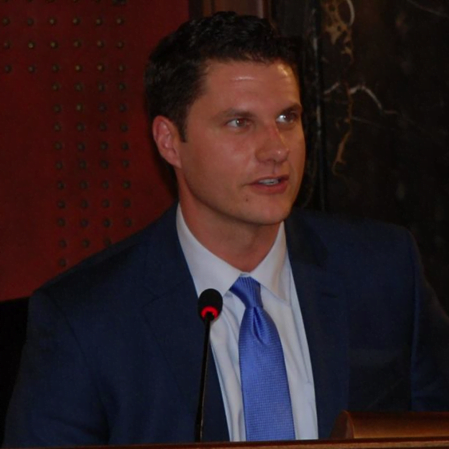
RECs are not as good as local supply, but they are better than not pursuing renewable energy at all. RECs are audited and certified by Green-e Energy.Ĭurrently our RECs come from Illinois, Nebraska, North Carolina, and Oklahoma, which next to Texas has the largest market for RECs in the country.

When a city or company purchases a REC, they claim that megawatt hour, and that REC is retired so no one else can buy it. One certificate means that 1 megawatt hour of renewable energy has been generated and put onto the grid. In the meantime, we asked Columbus to do what most cities and companies that want renewable energy do – purchase renewable energy certificates, or RECs.Īccording to the EPA, “RECs are the accepted legal instrument through which renewable energy generation and use claims are substantiated in the U.S. But Ohio had very little solar and wind energy, and it would take time to build enough in-state supply to power Columbus. When we first raised the idea of 100% renewable electric aggregation, we asked the city to stipulate that it come from local supply. More: Columbus electric aggregation program not so green, and costs more than many Ohio cities Renewable Energy Certificates More: Columbus voters approve green-energy aggregation plan I would like to correct the record on three of several points: renewable energy certificates, local supply, and cost. Energy policy is complicated, and the Dispatch has gotten much of it wrong. So I am disappointed to see the Dispatch run articles that misunderstand and misrepresent this program. More: Clean Energy Columbus starts in June opt out now if you don't want in AEP program That ballot initiative passed in 2020 with 76% of the vote, and Clean Energy Columbus was born – saving 1.2 million metric tons of carbon emissions per year.

We wanted Columbus to do so too, which by state law would require a ballot initiative. Cincinnati had long been powered this way, and Worthington had just enacted it. The linchpin of the program was electric aggregation for 100% renewable energy. I know what it took to get city leaders to make these commitments because my campaign spent years talking with them about the initiatives needed in energy efficiency, renewable energy, public transit, electric vehicles, recycling, and more. City attorney: Calling for police reform does not make you anti-police


 0 kommentar(er)
0 kommentar(er)
